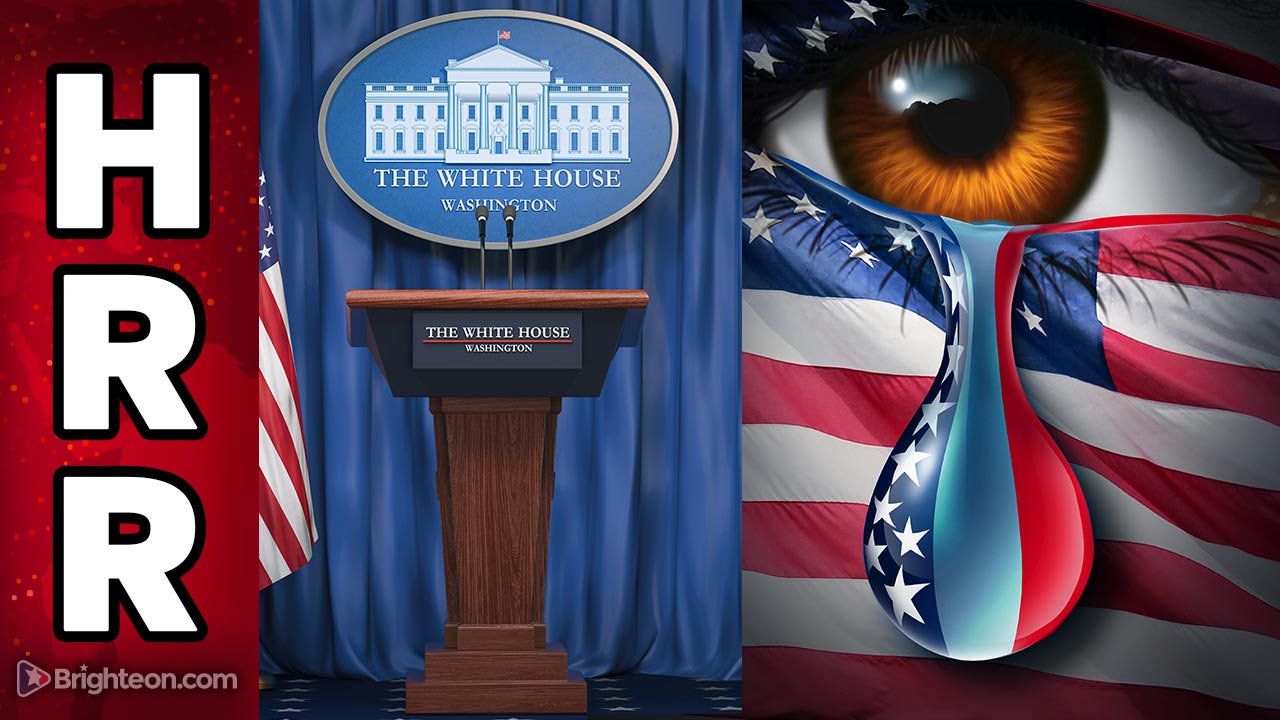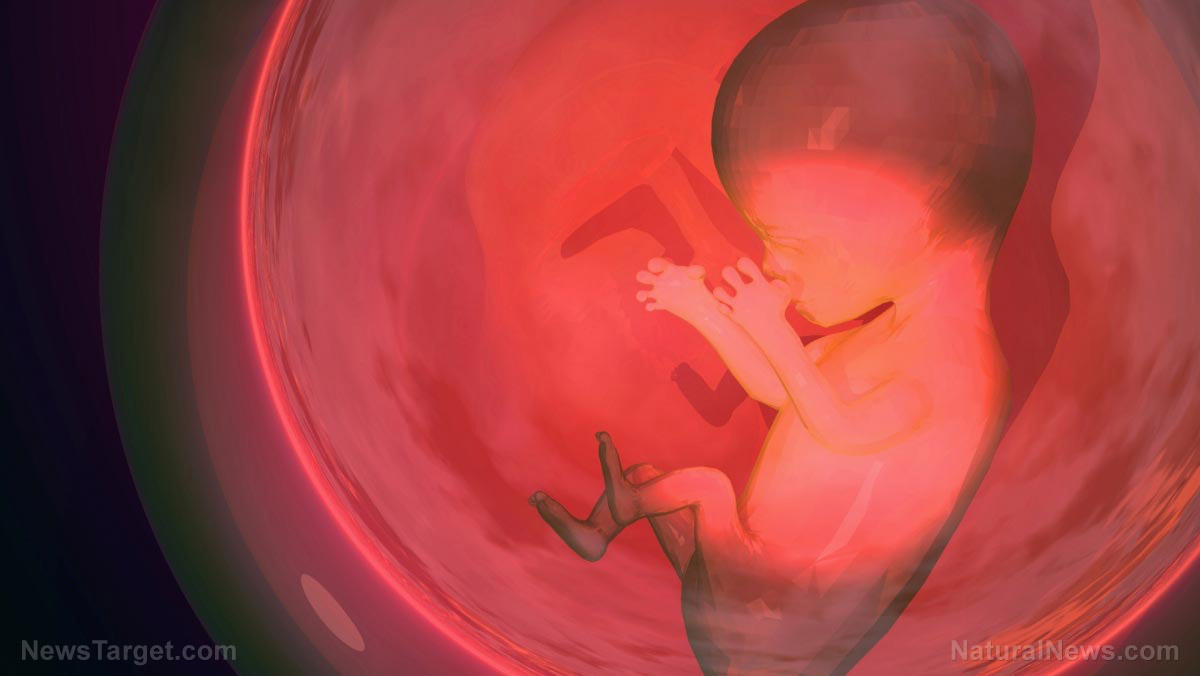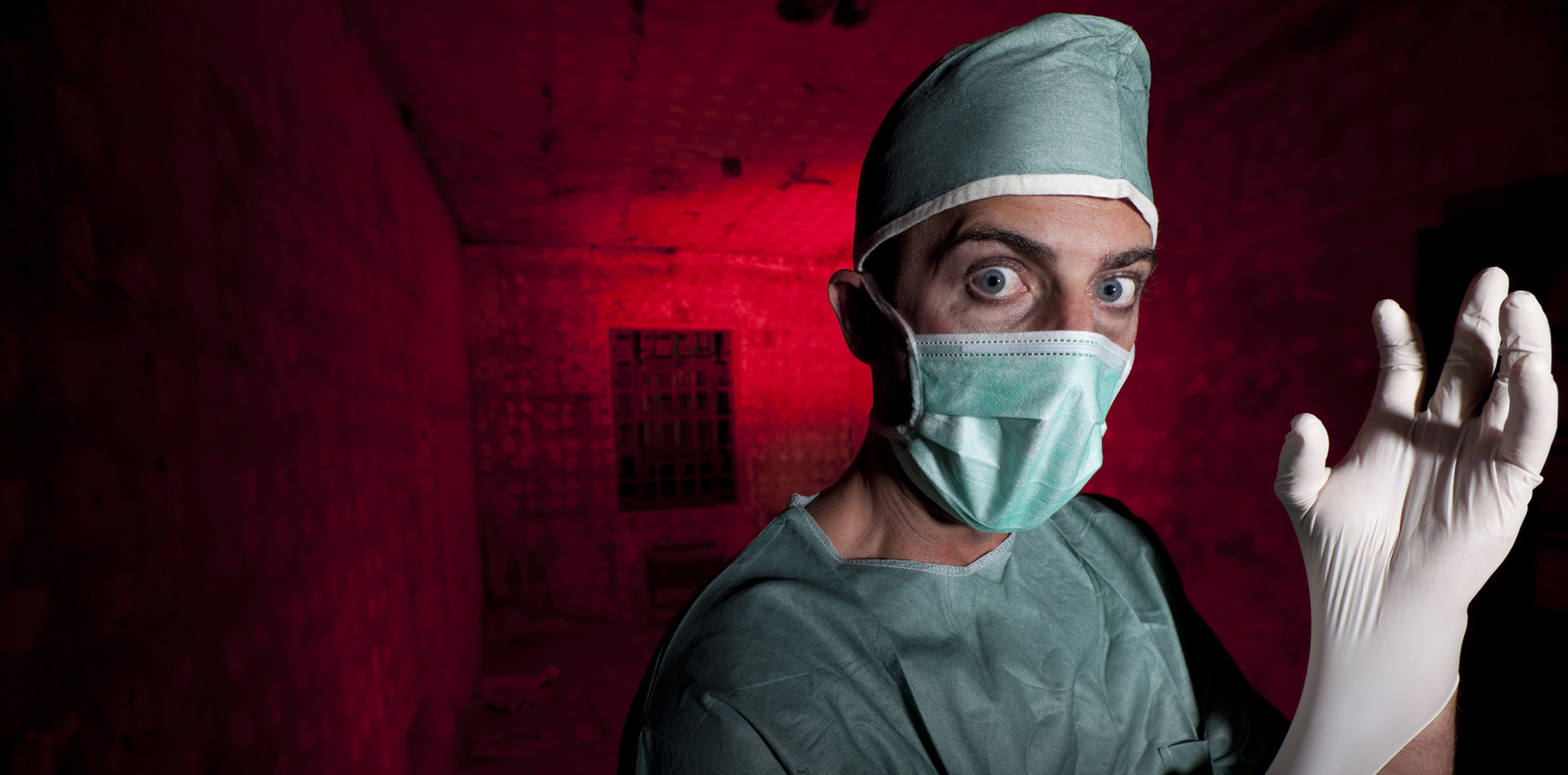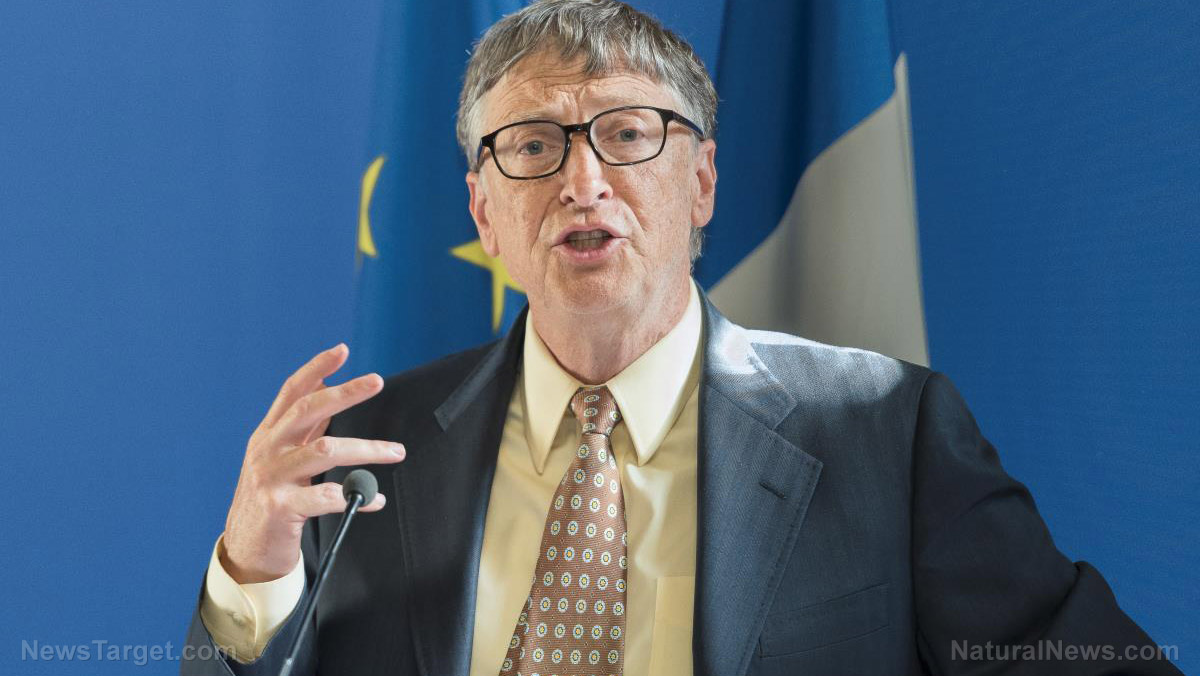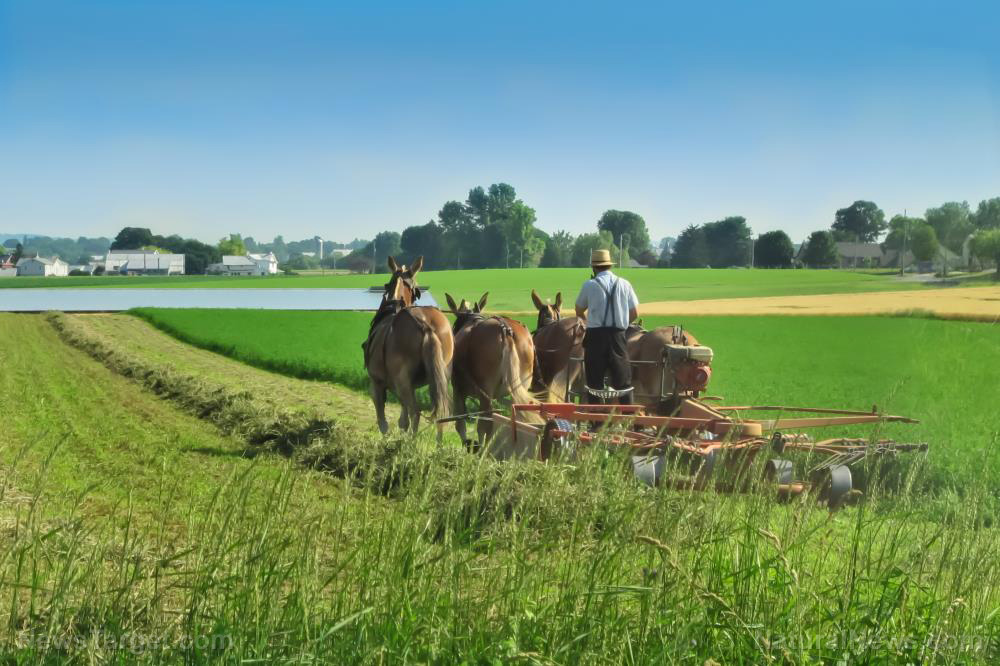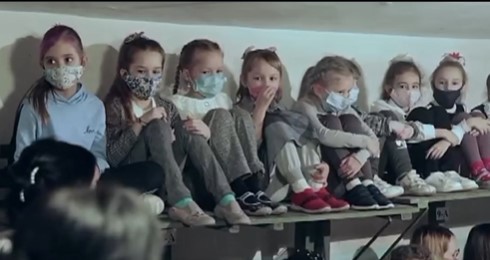 Parler
Parler Gab
Gab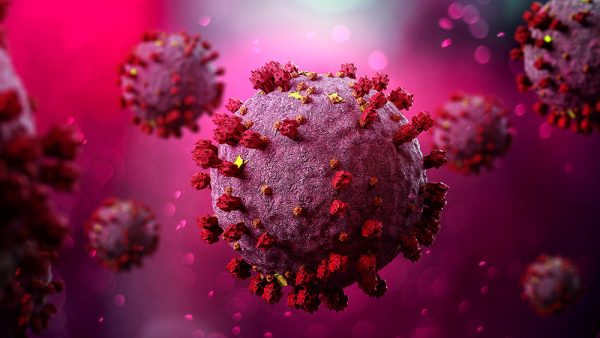
"The Lancet letter was written during a time in which Chinese scientists were receiving death threats and the letter was intended as a showing of support for them as they were caught between important work trying to stop an outbreak and the crush of online harassment."
WHO team heads to Wuhan to probe virus origin
The situation surrounding Daszak's initial statements and his sudden retraction are being compounded by the fact that the doctor is part of an international 15-member team of experts sent by the World Health Organization (WHO) to Wuhan to figure out the origins of the coronavirus. According to the WHO, the team's official mission is to determine how, where and when the virus crossed from animals to humans. (Related: China is purging studies related to the coronavirus' origin.) Daszak has been tweeting about the mandatory quarantine period he and his team are going through. During day four of quarantine, he said that the day, like the previous days, is "packed" with virtual meetings. https://twitter.com/PeterDaszak/status/1351724331001282560 Peter Ben Embarek, team leader and WHO food safety and animal diseases expert, said that the team will be granted permission "to move around and meet our Chinese counterparts in person and go to the different sites that we want to visit," once they're done with the mandatory quarantine period. It is unclear whether the WHO team will be looking into the Wuhan Institute of Virology and the theory that the coronavirus was engineered. Embarek has stated his desire to visit the "famous Wuhan market" to try and determine "everything that went in and out" of there in the weeks before the first confirmed cases. Embarek is referring to the Huanan Seafood Wholesale Market in Wuhan, where many wild animals were often sold. This place is being investigated as a likely setting for the supposed "animal-to-human jump" of the coronavirus, or a place where that jump was accelerated. "We know the virus originated in bats at some point, and then we know that human cases appeared in Wuhan in December 2019," said Embarek. "But what happened in between, how many other animal species were involved in between, and where, remain to be found in more detail." "We don't really know what happened in that period of time, and that's what we are looking out for." Questions will remain regarding the role of the institute in the initial outbreak; questions that will continue to linger if WHO team does not conduct its investigation. Then-Secretary of State Mike Pompeo even said that the government has reason to believe that several researchers working for the institute "became sick in autumn 2019, before the first identified case of the outbreak, with symptoms consistent with both COVID-19 and common seasonal illnesses." Pompeo said that this calls into question the claims made by Shi Zhengli, the institute's senior researcher on bat-related viruses, that there had been "zero [COVID-19 or SARS-related] infection" among the institute's student body and staff. Pompeo noted that the possibility of an "accidental infection" in a lab is more likely than people might think, especially considering that such an incident has already occurred in China. In 2004, a SARS outbreak in Beijing that infected nine people and killed one originated in a research facility. Learn more about the origins of the coronavirus by reading the latest articles at Pandemic.news. Sources include: TheEpochTimes.com WSJ.com CNSNews.comDeborah Birx hid covid info from Trump, altered CDC guidelines without approval
By Ethan Huff // Share
Germany’s birth rate improbably falls by 11% in the first quarter of 2022
By Lance D Johnson // Share
By Mary Villareal // Share
Common signs and symptoms of magnesium deficiency
By Olivia Cook // Share
